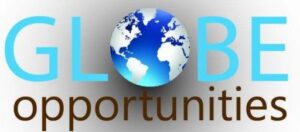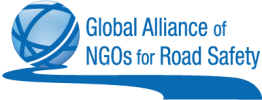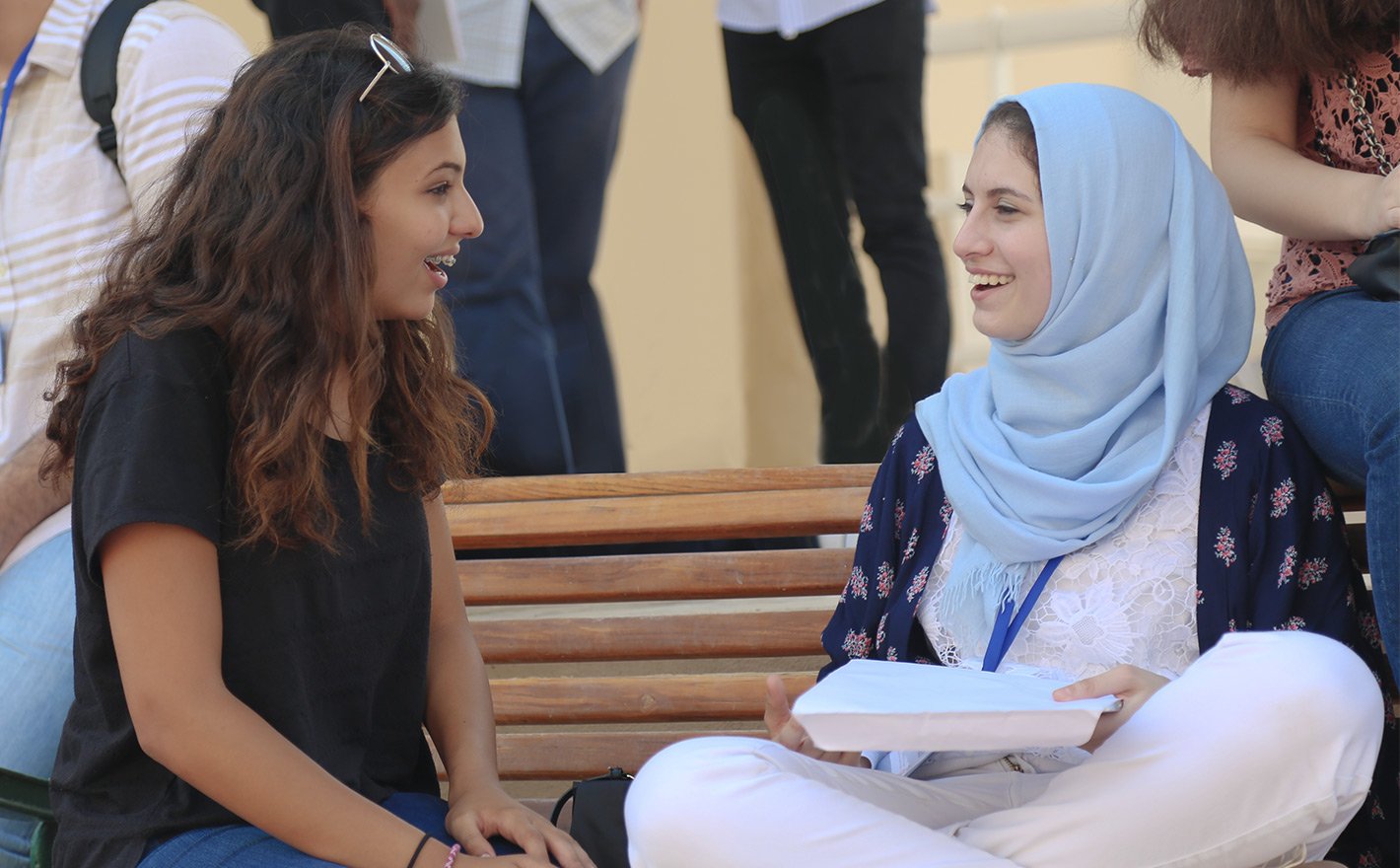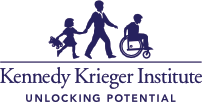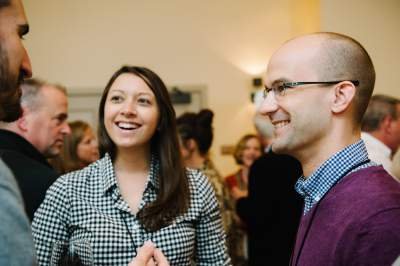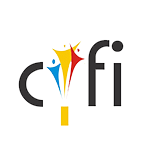
Deadline: JANUARY 14, 2018 AT 5PM EST
The Earth Journalism Network (EJN) Asia-Pacific Media Grants are available to support the creation, growth, and capacity building of media and other environmental information generating organizations, that are aiming to improve the quantity and quality of news coverage of climate change, natural resources and the environment.
Our planet’s environmental future depends on Asia and the Pacific, home to 60 percent of the world’s population, rapidly growing economies, and rich pockets of biodiversity. Policy decisions made in Asian countries and intergovernmental forums will influence how drastically global climate will change, which communities can increase their resilience to the impacts of climate change, how many species go extinct, and what progress toward sustainable development can be achieved.
Communities living in regions where livelihoods are being most affected by climate change face a two-fold problem: lack of capacity to have their perspectives heard and barriers to receiving information on potential drivers of and adaptation to change. Causes range from information that is unintelligible to the public and policy-makers, to a lack of media coverage and lack of access to communications infrastructure that result from a history of marginalisation, censorship, and poverty.
It is also inherently difficult to communicate and to understand the complex background to slow motion crises such as climate change. Finally, for many local journalists in the Asia-Pacific region, access to critical information and data needed to support their environmental stories is often made difficult by a lack of funds, time and expertise, ill-equipped research institutions, or reluctance by authorities to provide open data.
Faced with these challenges, this grant opportunity presents an opportunity for media organisations throughout Asia and the Pacific to think critically about how to build local capacity for reporting and information exchange around climate change, natural resource management and the environment.
The EJN Asia-Pacific Media Grants are provided as part of the EJN Asia-Pacific project, implemented by Internews with the generous funding from Sweden / the Swedish International Development Cooperation Agency (SIDA).
AIM OF THE GRANTS
The aim of the EJN Asia-Pacific Media Grants is to strengthen the capacity of organizations to produce good quality and quantity of socio-environmental news and information to the vulnerable communities and policy makers in the Asia and Pacific region.
WHAT THE GRANT SUPPORTS
The EJN Asia-Pacific Media Grants are available to support the generation of media reports on climate change, environment and natural resource management issues, disseminate news and information to the most vulnerable communities and policy makers, and boost the voices of marginalised groups (women, youth and indigenous people) who are most at risk of climate change and environmental problems.
Through these grants, Internews intends to strengthen the capacity of organizations to report on and explain the drivers and impacts of environmental and climate change, along with the solutions that build resilience and prevent future crises.
Proposed activities should be designed to contribute towards at least one of the following outcomes:
- Policy makers, people and communities have improved and reliable access to quality socio-environmental news and information;
- Improved organizational capacity to report on socio-environment issues in an accurate and compelling way;
- Improved organizational capacity to produce greater quantity and quality of socio-environmental news and information;
- Reduced exclusion of marginalized groups in socio-environmental information;
- Peer and multi-stakeholder engagement around socio-environmental issues.
- Particular attention should be given to the adaptation needs, challenges, efforts and success stories of vulnerable and marginalized communities.
While content production is an important aspect of the proposed activities, applications should include some form of networking, knowledge sharing, and/or capacity-building component. Please note that there will be a separate story grant opportunity available in early 2018.
Under specific circumstances, we are open to supporting fellowships and travel grants that support specific story ideas or coverage of key events, but these activities should facilitate the building of networks and/or are part of a training process. Please also note that EJN has a separate fellowship program to support journalists to attend the UN Climate Change Conference 2018.
CAN THE GRANT BE USED FOR PURCHASING EQUIPMENT?
Although the funding can be used for the purchasing of technical equipment, applicants should clearly state how the equipment can contribute to the expected outcomes and outputs. The cost of equipment should also make up a relatively small proportion of the overal budget and not the budget in its entirety.
ELIGIBILITY
- Established media organizations, journalism networks, universities and journalism schools are welcome to apply. The organizational grants can also be used to support the establishment of environmental journalism networks in places where they don’t exist. In such cases, applicants should note their affiliations with existing media organizations, if applicable, or provide detailed plans about how this project would facilitate the creation of a new organization.
- NGOs and research institutes will also be considered, but only those with strong media and communication programs who are dedicated to support fair and accurate reporting. As Internews is a media development organization, we will not consider applications rooted in advocacy or political campaigning.
WHERE CAN THIS FUNDING BE USED?
Activities proposed should support socio-environmental reporting in the Asia and Pacific region – in particular South Asia, Southeast Asia and the Pacific.
WHAT IS THE AMOUNT OF THE GRANTS?
The typical grant will be for up to US$20,000 and support a one-year project. It is expected that 11 of such grants would be provided in 2018. However, we are open to multi-year proposals for a bigger grant amount, but not for longer than two years.
Note:
- Applications submitted after the deadline will not be considered.
- Applicants are required to submit a budget. Please build your project budget using this form
